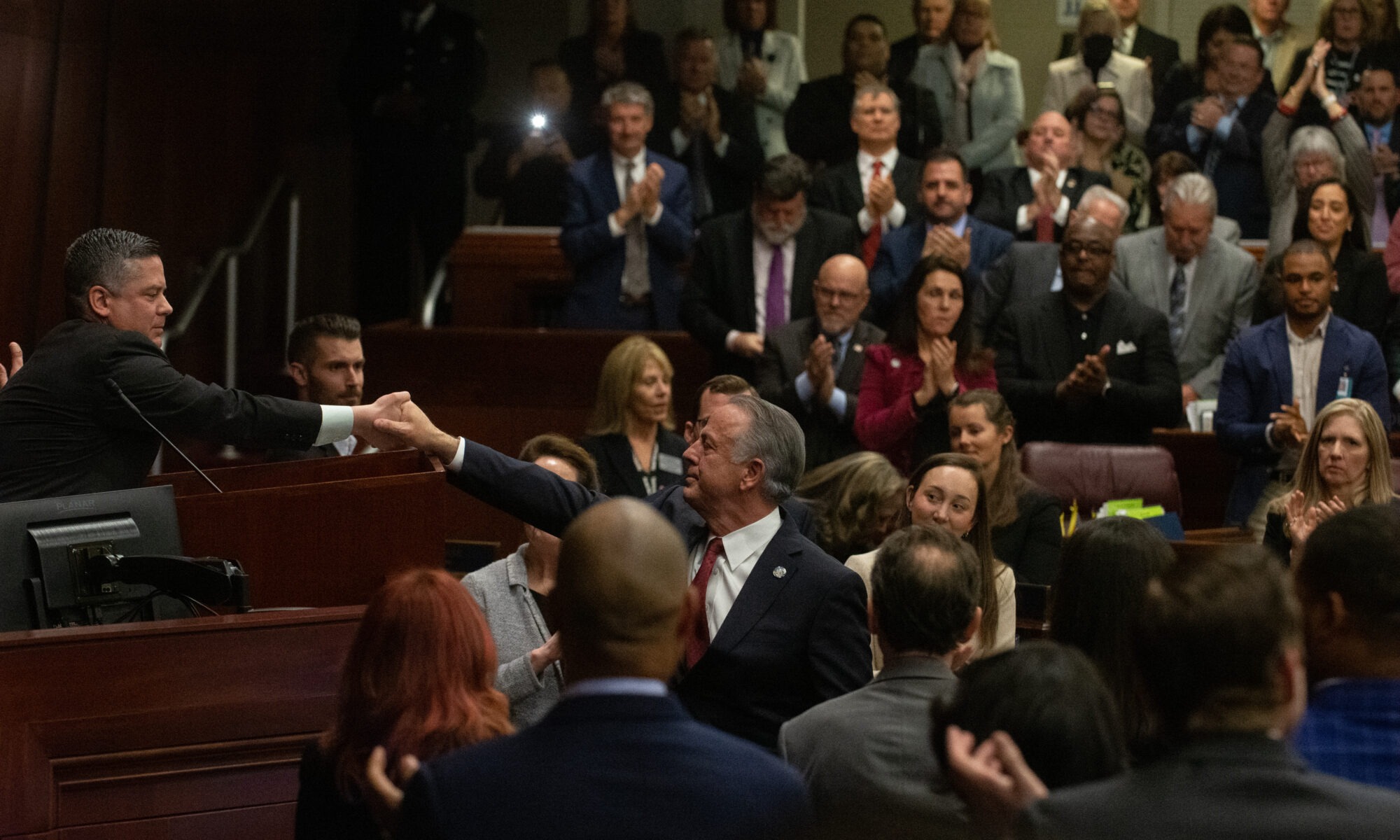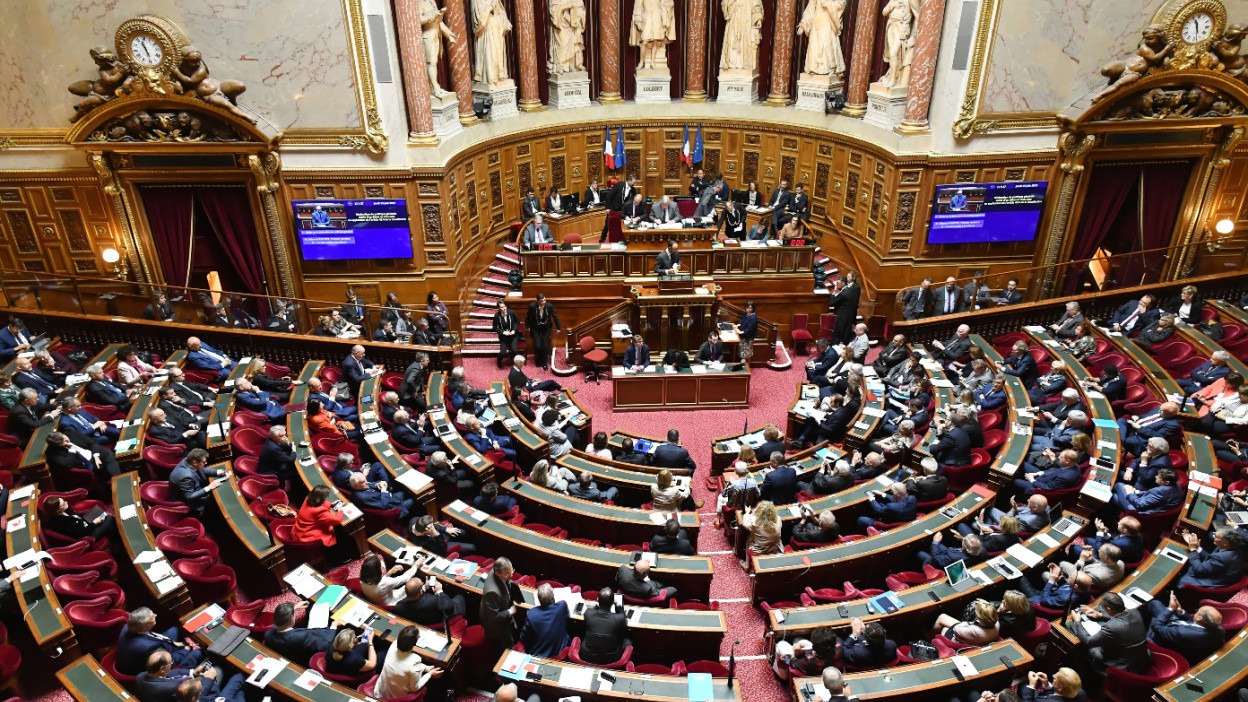President Biden is actively pushing forward with plans to construct a temporary pier on the Gaza Strip shore. However, Rep. Thomas Tiffany, a Republican from Wisconsin, is advocating for the project to undergo the same rigorous environmental assessments required for domestic projects.
In a letter to the House Appropriations Committee, Rep. Tiffany emphasized the need for the pier to comply with the National Environmental Policy Act (NEPA), the Endangered Species Act, and other conservation provisions.
The proposed pier and two-lane causeway, announced by President Biden in his State of the Union address, are expected to have a significant environmental impact and may involve as many as 1,000 U.S. troops.

Rep. Tiffany stressed the importance of conducting an Environmental Impact Statement (EIS) for the project, considering its potential impact on the natural environment.
He also called for an assessment of any negative effects on threatened or endangered species, habitat preservation, and cultural and historical antiquities within the project’s footprint.
This request from Rep. Tiffany can be seen as a critique of the White House and federal environmental regulations, which Republicans have criticized for causing delays and cost overruns in U.S. infrastructure and energy projects.
President Biden’s decision to increase humanitarian aid to Gaza comes as he navigates the delicate balance between supporting Israel, a key U.S. ally, and facing pressure from the left wing of his party to secure a cease-fire before the November election rematch with former President Donald Trump.
The Army has already dispatched a vessel with equipment to build the temporary pier, aimed at providing a sea route for humanitarian aid to Gaza, which has faced supply shortages during the Israeli-Hamas conflict following the Oct. 7 Hamas massacre of Israeli civilians and foreign nationals.
As for whether the overseas pier must comply with federal environmental regulations, that remains uncertain, but Congress could mandate such requirements.
In 1979, President Carter signed an executive order directing federal agencies to consider environmental factors in decisions involving major federal actions that could impact the environment beyond U.S. borders.
Rep. Tiffany raised concerns about the potential benefits of the pier to Hamas, the U.S.-designated foreign terrorist organization that controls parts of Gaza.
He cautioned against fast-tracking the project without the necessary scrutiny, emphasizing the need for thorough evaluation given the project’s cost and logistical complexity.
